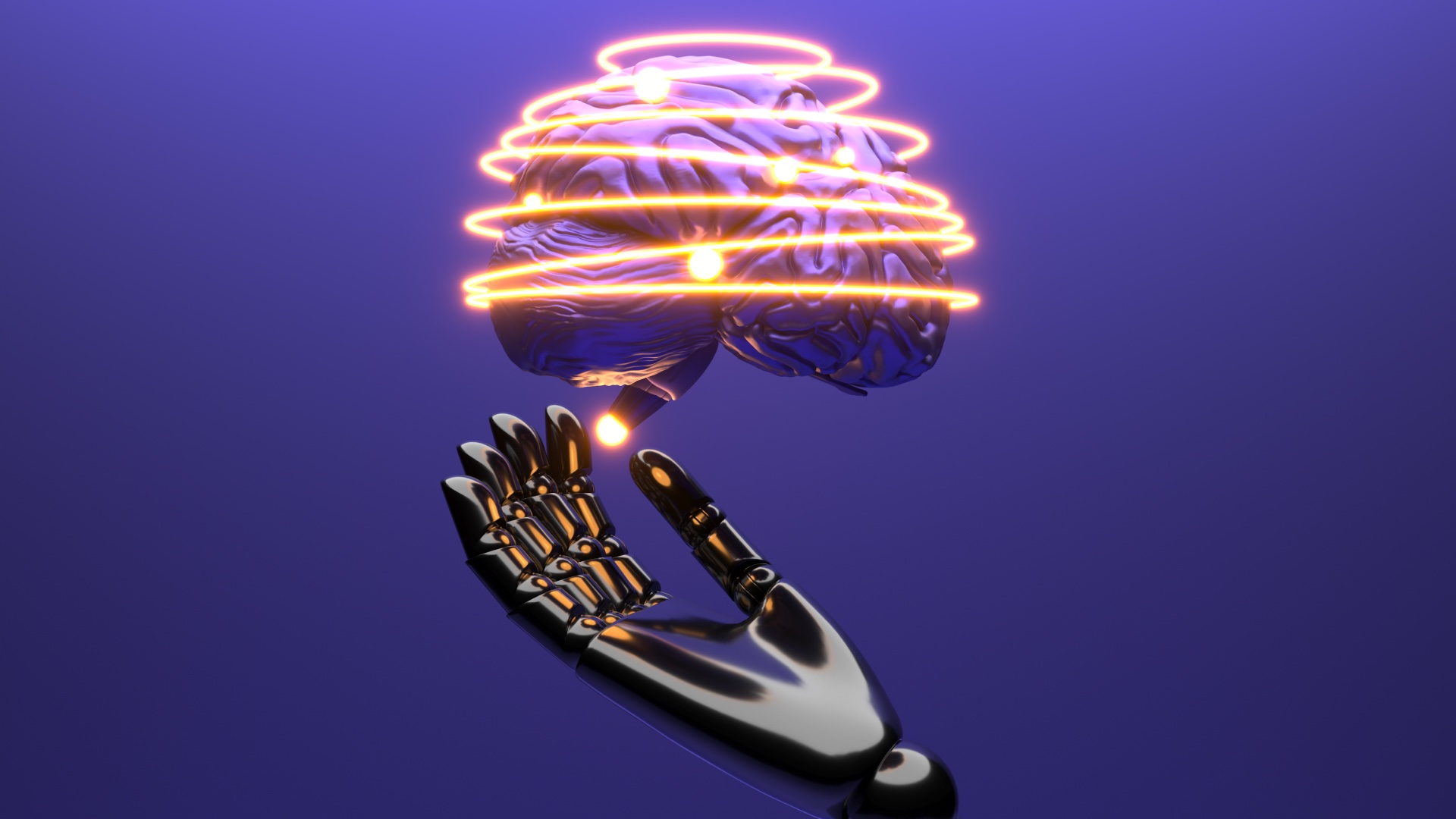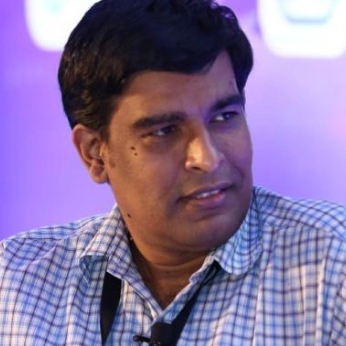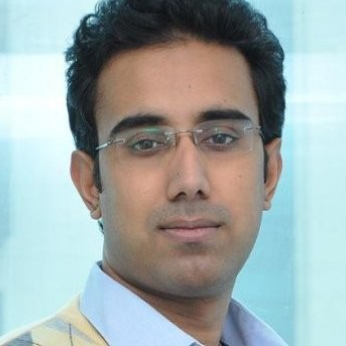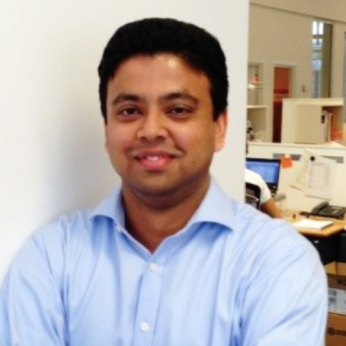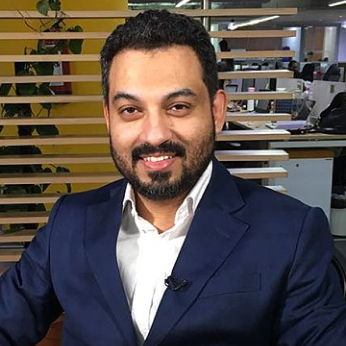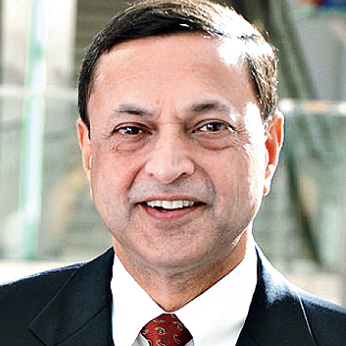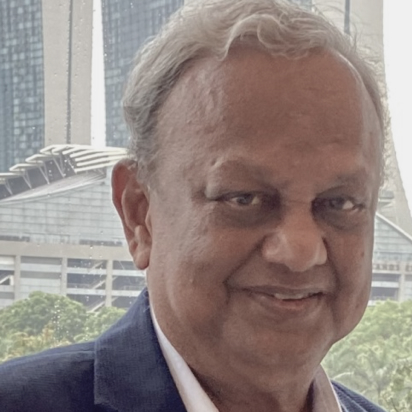The advent of General Artificial Intelligence (Gen AI) has profoundly transformed industries and functions, accelerating automation, enhancing productivity, and fostering innovation.
Saurabh Uboweja, Founder and Managing Partner at BOD Consulting chats with Senior Partner Sumit Singla, an Organisation Design and HR transformation expert to gain insights on the impact of Gen AI on HR Transformation.
Q1. In the dynamic realm of corporate transformations, staying ahead is a necessity. The whirlwind of Generative AI tools like ChatGPT and Bard are becoming household names, signalling a new era in communication and operations.
How is Generative AI currently reshaping the landscape of talent acquisition?
The entire talent acquisition cycle has shifted towards more effectiveness and efficiency.
Using GenAI, you can improve your employer branding and write better job descriptions in less time. Not only that, you can also scan for biases and remove them.
Candidate sourcing has been a tedious, labour-intensive job. But GenAI is changing the game by analysing vast data sets to pinpoint the most suitable candidates. It’s almost like having a tireless virtual headhunter working round the clock for you.
Even during the selection process, you can get GenAI to create interview questions or score written tests. The possibilities are endless and talent acquisition may never be the same again.
Q2. That’s a compelling image. Could you share a real-world scenario where Generative AI has significantly impacted talent acquisition?
Absolutely. Picture this: A multinational corporation receives overwhelming job applications for a single role. In the traditional scenario, HR professionals would spend days sifting through resumes.
Tools like Oracle and JazzHR can rapidly analyse resumes, evaluate skill sets, and see if a candidate fits the role requirements. It allows HR teams to shift their focus to more strategic aspects like candidate engagement and cultural alignment.
Q3. That could allow for a massive reallocation of time for our HR teams. How can we use Generative AI to streamline HR’s day-to-day operations and internal communication?
Generative AI is a game-changer for HR’s daily grind. Let’s take employee queries, for instance. AI-powered chatbots can respond instantly to routine questions, enabling HR teams to dedicate more time to strategic initiatives.
It’s akin to having a knowledgeable assistant who handles routine tasks, freeing up HR professionals for tasks that demand emotional intelligence and nuanced decision-making.
Q4. An interesting analogy. Can you share an example that illustrates this shift in day-to-day operations?
Certainly. Imagine an employee needing information about the company’s leave policy. Instead of emailing or calling, they can simply ask the AI-powered chatbot.
The bot provides a quick and accurate response and logs the query for future analysis.
It’s like having an HR encyclopaedia that learns and evolves with each interaction, creating a more efficient and personalised employee experience. In addition, it frees up the time of HR Business Partners for more meaningful employee interactions.
Q5. Looking ahead, what potential changes do you foresee in these two key areas – talent acquisition and day-to-day HR operations?
The possibilities are immense. We can anticipate even more precise candidate matching in talent acquisition, with AI algorithms learning from past successes and failures. This will significantly reduce recruitment time and enhance the quality of hires.
For day-to-day HR operations, we might witness the integration of Generative AI with collaboration tools, creating a seamless and intelligent interface for internal communication. The future holds a world where HR professionals are empowered by AI to focus on strategic initiatives, driving organisational growth and employee satisfaction.
Q6. The advantages seem endless! Is there another side to the coin?
Any transformative change will come with its unique growing pains. Investing in upskilling HR professionals is imperative – the professionals who are not maximising the potential of AI will be quickly replaced by those who do. This includes enhancing their understanding of Generative AI, focusing on data literacy, AI ethics, and practical applications within HR.
In addition, simply replacing people with robots will not be sustainable. By helping HR professionals pass on mundane, routine tasks to GenAI, will you use the time and effort freed up to improve the employee experience?
Work, workers, and the workplace are evolving at an unprecedented pace. And to create lasting organisations that lead the pack, companies will still need to prioritise the human experience, even in the age of GenAI.
